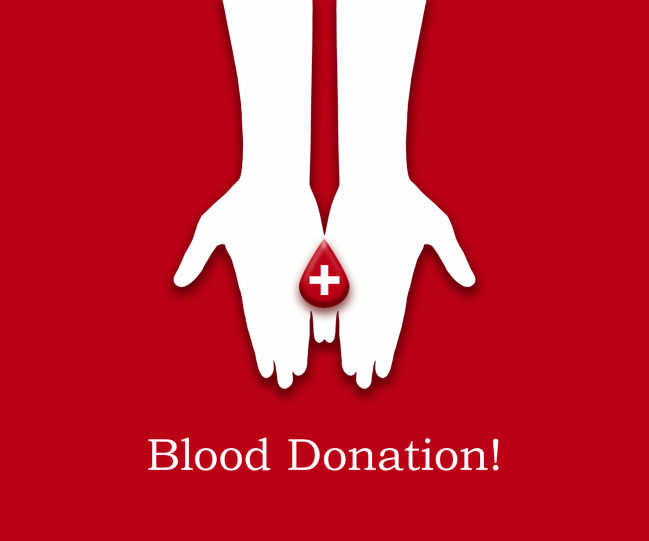
Washington
Using fresh blood from single donors is better than using component blood from multiple donors in paediatric heart surgery patients, according to a new study.
Patients receiving blood or blood components face allergic and febrile (having symptoms of a fever) reactions, as well as serious complications such as lung injury and infectious disease.
“The risk for disease transmission in paediatric patients is essentially the same as the risk for adults, but may be more costly over the long term because infants and young children may live longer with chronic illness stemming from transfusion,” said David R Jobes, from The Children's Hospital of Philadelphia and Perelman School of Medicine at the University of Pennsylvania, who led the study.
Jobes and colleagues examined the effectiveness of a programme that was intended to reduce transfusion by using a standard order of two units of fresh whole blood for elective cardiac surgery in patients 2 years of age or younger.
As defined in the study, fresh whole blood has not been separated into individual components (red blood cells, platelets, plasma) and was collected less than 48 hours prior to being used in surgery.
“Currently, whole blood is not generally made available to hospitals for use in paediatric heart surgery,” said Jobes.
“Blood centres separate donated blood into component parts which are then stored for use in medical transfusions as needed,” said Jobes.
The researchers analysed surgical registry data and blood bank records from 1995 to 2010 on 4,111 patients; fresh whole blood was available for 3,836 patients, while 252 received only blood components when no whole blood was available. The median age of the study patients was 94 days.
They found that the youngest patients who had complex heart surgery procedures were exposed to the highest number of donors, while older patients who had simpler heart surgery procedures were exposed to the fewest number of donors.
“Many congenital heart conditions require multiple surgeries over a lifetime necessitating additional transfusion, and previous exposure can cause cross-match incompatibility, reducing the availability of suitable blood for transfusion and cause problems later if heart transplantation is necessary,” said Jobes.
“We hope that our research helps to re-examine current blood storage practice and make whole blood more readily available for paediatric patients,” Jobes added.
The study was published in The Annals of Thoracic Surgery journal. — PTI



























